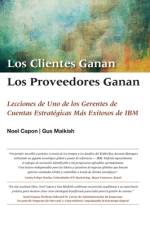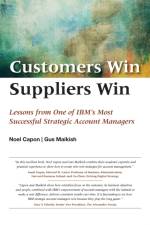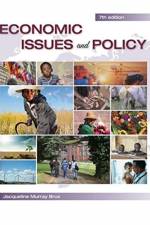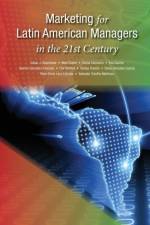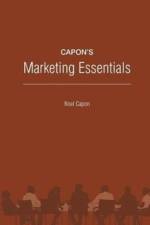av Lawrence A. Wilson
3 139,-
This book contains essays on data integrity.Data integrity is the most basic element of work in any scientific discipline.Nothing of lasting value in the hard sciences (physics, chemistry, biology,astronomy, et al.) lacks integrity in the data used to support the premises,the logical arguments proposed, and the conclusions drawn. The point ofvalidation is, after all, to ensure that all results obtained and reported aretrue.The original premise of our book was to merge the global standard forpharmaceutical analytical methods for regulatory applications [ICHQ2(R1)] with contemporary thinking on ensuring data quality bythoroughly understanding a method and its intended application (QbD).During a preproduction meeting, an incisive question led to expanding thescope of the original five chapters: "Can this be applied to fields other thanpharmaceuticals?" The answer was: Yes.Three chapters were added to explore the applications of Quality by Designtheory to real world problems that are bound not only by regulations, but bybusiness constraints, professional ethics, time, resources, and technology. Theymay serve as case studies for classes of advanced students.The scientific approach is rigorous, drawing on, and integrating, classical wetand modern instrumental analytical chemistry knowledge. The reasoning isdetailed and well-documented. Examples are carefully explained. Two arebased on historical events. The other is a problem that is not yet fully resolveddespite its importance and significant risks to human health globally.The tone throughout is conversational. It is intended to involve students -and any reader who has a vested interest in data integrity, which includes theglobal scientific communities from academia, industry, and government, andproducers and consumers of quantitative measurements and the goods andservices obtained by their use.The objective is to impart an intuitive understanding of method validation:planning, execution, and documentation,with examples of practices andproblems, and with practical strategies for addressing both.A special feature is the inclusion of "Hints" - brief comments offeringexperience-based advice acquired while developing, validating, reviewing, andauditing analytical methods (and data) in a variety of industriesand countries.




